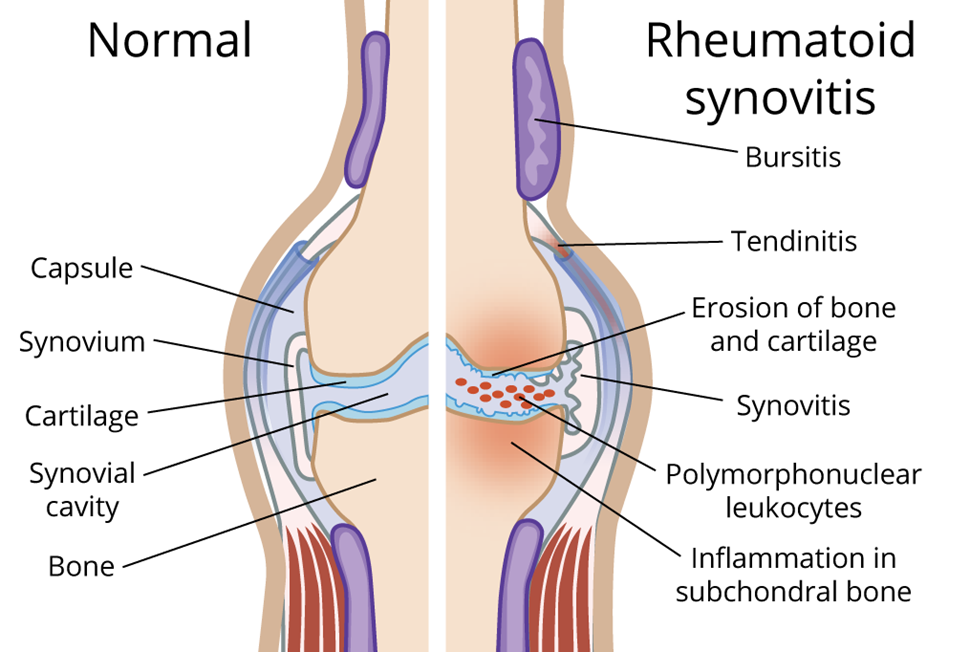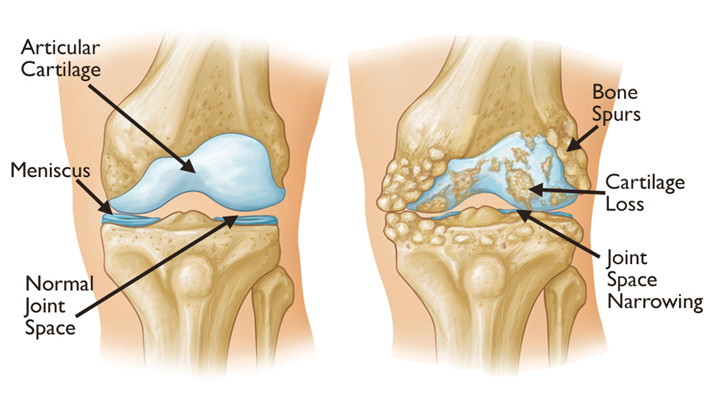A nurse is providing discharge instructions to a client who has rheumatoid arthritis and a prescription for oral betamethasone. Which of the following statements should the nurse make about how to take this medication?
Take the medication with orange juice.
Take the medication between meals.
Take the medication on an empty stomach.
Take the medication with milk.
The Correct Answer is D
Choice A reason: Take the Medication with Orange Juice
Taking betamethasone with orange juice is not specifically recommended. While orange juice can help with the taste of some medications, it does not have any particular benefit for betamethasone. Additionally, citrus juices can sometimes interfere with the absorption of certain medications.
Choice B reason: Take the Medication Between Meals
Taking betamethasone between meals is not advised. This medication can cause stomach upset, and taking it on an empty stomach can exacerbate this issue. It is generally recommended to take corticosteroids with food to minimize gastrointestinal discomfort.
Choice C reason: Take the Medication on an Empty Stomach
Taking betamethasone on an empty stomach is not recommended for the same reasons as above. It can lead to stomach irritation and discomfort. Taking the medication with food or milk helps to reduce these side effects.
Choice D reason: Take the Medication with Milk
Taking betamethasone with milk is the correct instruction. Milk can help to buffer the stomach lining and reduce the risk of gastrointestinal irritation, which is a common side effect of corticosteroids. This practice helps to ensure that the medication is tolerated well by the client.

Nursing Test Bank
Naxlex Comprehensive Predictor Exams
Related Questions
Correct Answer is B
Explanation
Choice A reason: A Client Who Has a Small Circular Partial-Thickness Burn of the Left Calf
A small circular partial-thickness burn of the left calf is considered a minor injury in the context of a mass casualty event. This type of injury does not pose an immediate threat to life and can be managed after more critical cases are addressed. In mass casualty triage, patients with minor injuries are often categorized as “green” or “minimal” and are treated last.
Choice B reason: A Client Who Has Severe Respiratory Stridor and a Deviated Trachea
A client with severe respiratory stridor and a deviated trachea should be assessed first. These symptoms indicate a potential airway obstruction, which is a life-threatening condition requiring immediate intervention. In mass casualty triage, patients with compromised airways are given the highest priority and are categorized as “red” or “immediate” because their condition is critical and requires urgent medical attention.
Choice C reason: A Client Who Has a Splinted Open Fracture of the Left Medial Malleolus
A splinted open fracture of the left medial malleolus is a serious injury but not immediately life-threatening if properly splinted. This client would be categorized as “yellow” or “delayed” in mass casualty triage, meaning they require medical attention but can wait until more critical patients are stabilized.
Choice D reason: A Client Who Has a Massive Head Injury and Is Experiencing Seizures
A client with a massive head injury and experiencing seizures is in a critical condition. However, in the context of mass casualty triage, the immediate priority is to secure the airway, breathing, and circulation. While this client is in dire need of medical attention, the presence of severe respiratory stridor and a deviated trachea in another client takes precedence due to the immediate threat to life.
Correct Answer is C
Explanation
Choice A reason: Ulnar Deviation
Ulnar deviation, or the bending of the fingers towards the ulna (the outer bone of the forearm), is more commonly associated with rheumatoid arthritis rather than osteoarthritis. Rheumatoid arthritis typically affects the joints symmetrically and can lead to deformities such as ulnar deviation due to chronic inflammation.
Choice B reason: Symmetric Joints Affected
Symmetric joint involvement is characteristic of rheumatoid arthritis, not osteoarthritis. Osteoarthritis usually affects joints asymmetrically, meaning it can affect one joint more than the other. It commonly affects weight-bearing joints such as the knees, hips, and spine.
Choice C reason: Pain Worsens with Activity
Pain that worsens with activity is a hallmark symptom of osteoarthritis. This condition is caused by the breakdown of cartilage in the joints, leading to pain and stiffness, especially after physical activity. The pain typically improves with rest but can become more persistent as the disease progresses.

Choice D reason: Weight Loss
Weight loss is not a typical manifestation of osteoarthritis. In fact, being overweight or obese is a risk factor for developing osteoarthritis, particularly in weight-bearing joints. Weight management is often recommended to help reduce the stress on affected joints and alleviate symptoms.
Whether you are a student looking to ace your exams or a practicing nurse seeking to enhance your expertise , our nursing education contents will empower you with the confidence and competence to make a difference in the lives of patients and become a respected leader in the healthcare field.
Visit Naxlex, invest in your future and unlock endless possibilities with our unparalleled nursing education contents today
Report Wrong Answer on the Current Question
Do you disagree with the answer? If yes, what is your expected answer? Explain.
Kindly be descriptive with the issue you are facing.
